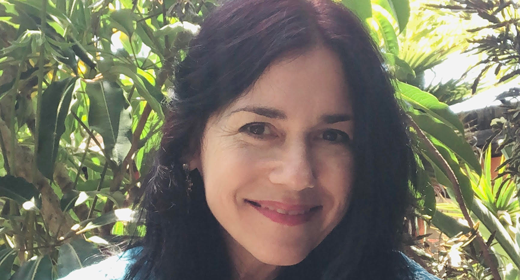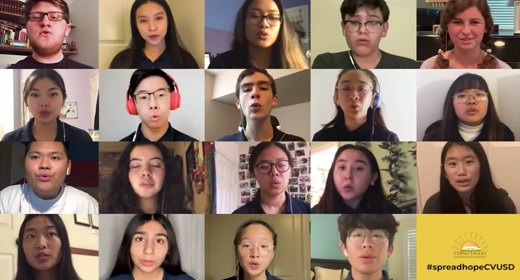by Donna Quesada: Of all the meditation retreats and spiritual workshops I’ve done in my life, there’s one that stands out. It was a long, intense and exhausting weekend in 2014.
Guided Meditation on Forgiveness with Donna Quesada
There were moments where I was so tired, I just wanted to go home and lie down with my dog. But there were other moments that left me truly transformed.
The most precious of those was a 31 minute meditation led by my teacher, Guru Singh, on guitar. He has a way of putting mantras and words to rhythms that are so lovely, they feel like an enchanting love song washing over your soul. (Well, mantras are love songs, after all.)
The words in this particular meditation were simply, I forgive you. It started softly and then it became more powerful, as my fellow participants and I surrendered our resistance and self-consciousness. There is always resistance at first because our righteousness tends to be stronger than our heart. Whatever it is, we don’t want to forgive.
But over the 31 minutes, the stories in our heads began to soften and our hearts began to open.
Our voice is an emanation of our heart. So, as our collective voices grew in force… as we sung out I forgive you with abandon, the communal intensity progressed naturally and organically. We were all swept up in a kind of energetic vortex. The funny thing is, I had the idea that it would only be a short, five minute, lightweight, fun chant to start class with. I was wrong. It just kept going…and growing, for 31 minutes, which according to teachings in Kundalini Yoga, is the time it takes for all the trillions of cells in your body, as well as all of your internal rhythms and cycles to come into balance.
And once we were deep into it, I sensed I wasn’t the only one wiping my eyes.
What is genuine forgiveness and how will it set us free?
1. Firstly, what it is not. It is not to condone anything. It is not necessarily to do anything, at all, in the conventional sense. It doesn’t mean taking your abusive ex back, or bringing back into your life people who have harmed you in some way. As my teacher put it, it is not saying, “what you did is okay.” It is simply saying, “what you did is what you did.”
2. Neither is it mere acceptance. Although it is a fine place to start. One of my favorite writers, Caroline Myss, refers to the inability to forgive (oneself or others), as the strongest poison to the human spirit. It drains our energy more than anything else. Lack of forgiveness cuts into the core of our ability to enjoy life because as long as we are doggedly holding on to some injustice, we are investing emotional resources into it, to keep it alive, so as to maintain our status as victims.
This attachment, to the past… to the event… to the story in our head about the occurrence, is like an invisible, heavy-duty, elastic band that prevents us from moving forward. And we are the ones who suffer most—not the other. So, although we still need to go deeper, acceptance begins the process of dislodging the story that is holding us hostage. In short, acceptance may be seen as the birth place of letting go, but it is still in the domain of the mind.
3. Genuine forgiveness goes deeper than the mind. It is a matter of the heart. And it’s not even about the other, at all. It’s about our own relationship to the past. And in order for the heart to forgive, it has to feel the feelings, in order that they may pass through and evaporate of their own accord… as things always do when we don’t resist them. This means welcoming the hurt and the pain. You have to go there, to go forth. And in that moment, when the tears may flow, you liberate your spirit from those invisible tethers. This is true forgiveness and it is also true healing.
To forgive means to give forward from a memory into the present moment. ~Guru Singh









































